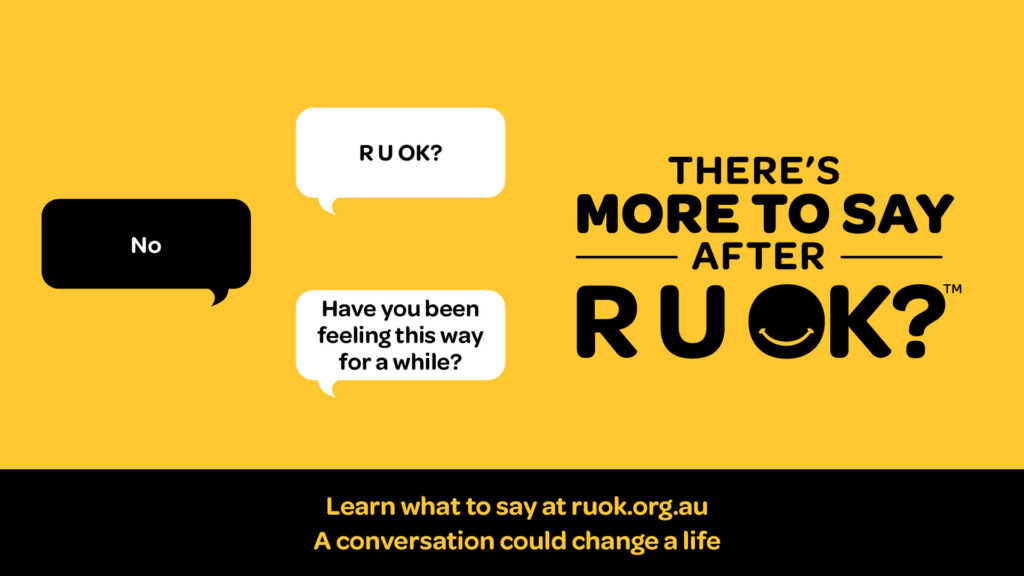Mindfulness
COVID-19 has put us all in uncharted territory. It presents us with unprecedented challenges, both personally and professionally. Some emergency management personnel are on the front line. Now more than ever we need effective ways of staying calm and focused during shifts and being able to unwind more easily afterward.
ESF has worked with leading mindfulness expert Dr Richard Chambers to develop a suite of short guided meditations especially designed to help people in the emergency management sector do exactly that.
Research shows that mindfulness meditation literally rewires the brain, strengthening our ability to stay focused even when things are stressful, unpredictable and constantly changing.
These simple guided meditations range from 5 to 10 minutes each, making them bite-sized ways of boosting your mental resilience and wellbeing.
ESF Mindfulness Meditations
Provide your email to access the ESF Mindfulness Meditations
Dennis Smith was a 2019 ESF scholarship awardee. He studied how meditation and mindfulness can benefit people working in emergency management. Listen to what Dennis has to say about this program.
Mindfulness update with new meditations – August 2020
Dr Richard Chambers is a clinical psychologist and leading mindfulness expert. He is helping lead an initiative at a major Australian university to embed mindfulness in the core curriculum for its students and helped develop the Smiling Mind app, which has 4.5 million downloads. He knows our sector and has developed these guided meditations especially for us. Watch this short video to learn about how and why you should use this meditation program.
It’s free, takes just 5 to 10 minutes, and can be done anytime, anywhere. It’s worth a try.
Experiencing Grief
With the recent tragic loss of the four Victoria Police officers, many in the community – and especially the emergency management community – are experiencing grief. For a lot of us, we have never been taught how to be with grief in healthy ways, and so we tend to either disconnect from it or suppress it, or we react to the emotion, perhaps with anger.
Being with emotions like grief is difficult, but it is extremely important for us to do this. My work as a clinical psychologist has shown me time and again that when people make space for grief and allow themselves to feel it, without getting lost in it, this prevents the grief from getting stuck, and aids in getting through it in a healthy way. Making space for grief also means we stay connected with ourselves, which means we can remain connected with those around us – a very important part of the grieving process.
Included in the program of meditations is an important 10 minute meditation that has been specifically made to help you process any grief you may be feeling. It is not designed to make the grief go away, and in no way discounts the very real tragedy that we have faced and the suffering that has resulted. The meditation is designed to help you have a healthier relationship with your grief. Give it a go, and if you find it useful please share it with your colleagues or anyone else who may benefit from it.
Dr Richard Chambers
For more information on the benefits of meditation for emergency service workers and volunteers check out this brochure produced by Emergency Services Health
Worried about your kids?
Smiling Minds has produced digital care packs to support kids through COVID-19 and beyond. These care packs provide tips and guidance on how to build positive mental health in children, and offer a range of simple, evidence-based activities that can be used with children aged five to 12 years to provide immediate relief against worry and anxiety, or used to support a proactive positive mental health approach.
There’s more to say after R U OK?

2020 has been a challenging year for everyone and circumstances have made it even more important for us all to stay connected and, for those who are able, be willing to support those around us. In the lead-up to R U OK? Day we’ll help Australians know what to say when someone says they’re not OK and guide them through how they can continue a conversation that could change a life.
You don’t have to be an expert to keep the conversation going when someone says they’re not OK. By knowing what to say you can help someone feel supported and access appropriate help long before they’re in crisis, which can make a really positive difference to their life.
Have a listen to how some of the leaders in our sector recognise when they are not OK and how a conversation has helped them.
Tony Walker, CEO Ambulance Victoria
Garry Cook, Acting Chief Officer CFA
Chris Hardman, Chief Officer Forest Fire Management
